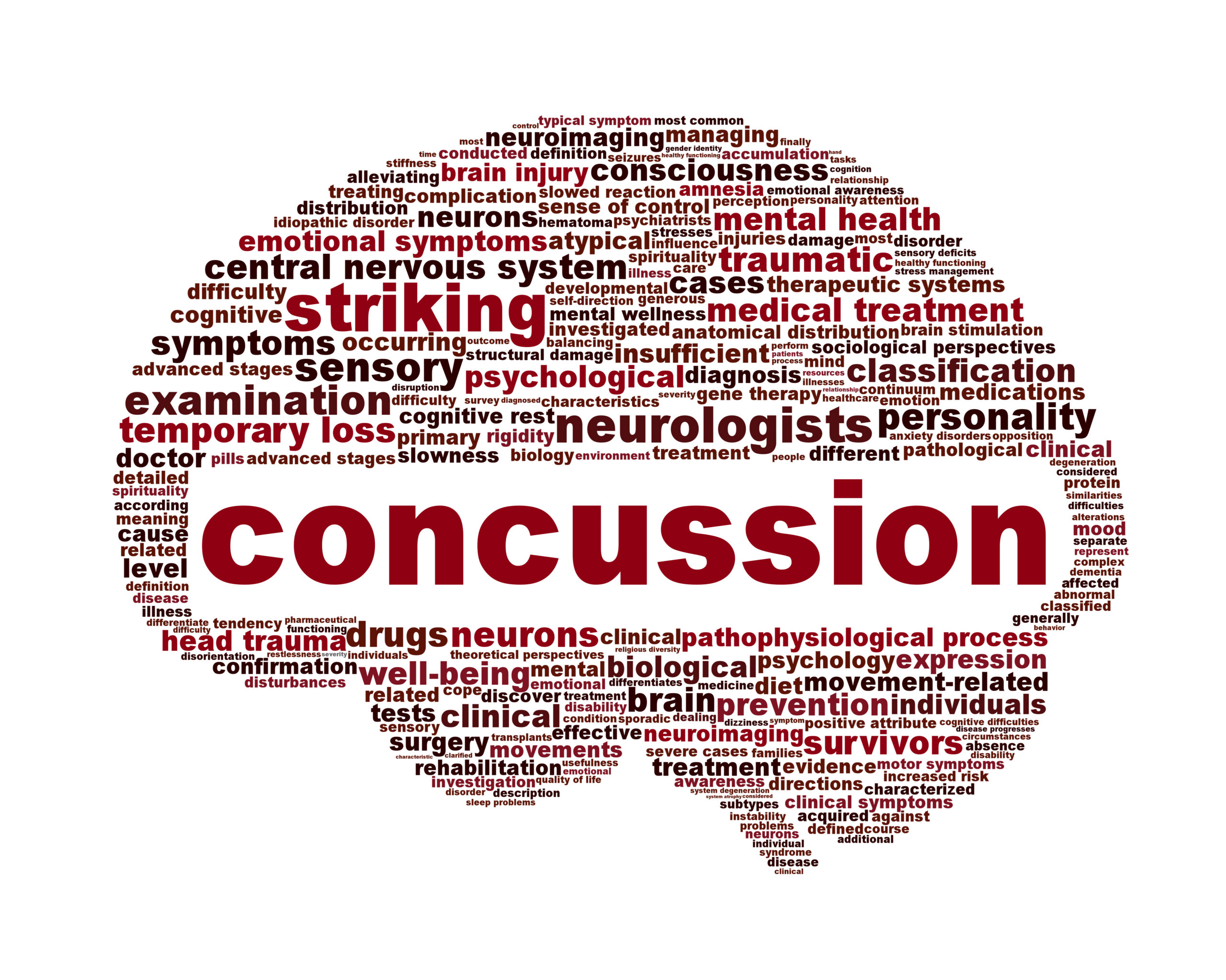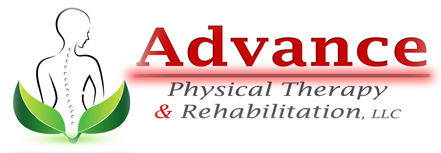
14 Aug Physical Therapy for Concussion Treatment: How Can Physical Therapists Help Post-Concussion Patients Recover?
Concussions can change the chemical balance of your brain and nervous system. Patients suffer symptoms like headaches, neck pain, loss of balance, and changes in sleep patterns after a traumatic brain injury.
Concussions may also cause brain trauma, behavioral issues like depression or anxiety, visual problems such as blurred vision and light sensitivity, and auditory problems like ringing ears.
Most concussions — 80 to 90 percent — heal within seven days. However, if a concussion lasts more than ten days, patients should consider seeking physical therapy for concussion from a licensed health care provider.
What Is a Concussion?
A concussion is a type of brain injury that occurs when someone or something violently hits or shakes the head. This head injury can cause damage to the brain and instability in the vestibular system of your body.
Leading causes of a concussion injury include:
- Car accidents (head trauma, whiplash)
- A direct blow to the head, face, or neck
- Falls
- Physical abuse or assault involving shaking of the head (robbery, domestic violence)
- Playground accidents (falling from a slide, treehouse, or swing)
- Close proximity to an explosion or blast
- Sports-related injuries to the head and neck
- Work-related accidents (head trauma, direct blows, falls)
Recovery from a concussion can take weeks, months, or even years. Recovery time depends on the severity of the injury and the age of the person injured.
In addition, concussions may occur with other injuries such as neck trauma, which a licensed physical therapist can treat. However, more serious brain injuries, including bleeding, tearing, and bruising, may need a neurosurgeon’s immediate attention.
Signs and Symptoms of Post-Concussion Syndrome
Many different symptoms may occur after a concussion, with some showing up a few hours after the event and others not appearing for months or years.
If you have any signs of a concussion, seek immediate treatment from a medical professional such as a neurosurgeon or licensed physical therapist. Not seeking medical help in time could lead to permanent brain damage, or worse, death.
Common short-term post-concussion symptoms include:
- Anxiety and depression
- Confusion
- Benign paroxysmal positional vertigo or BPPV
- Dizziness and balance disorders
- Double or blurred vision
- Fatigue
- Irritability
- Neck injuries
- Nausea and vomiting
- Seizures
- Sensitivity to light, noise, and sound
- Sleep difficulties
- Slurred speech
- Visual impairment
Concussions may also have long-term consequences, especially if left untreated. Persistent symptoms include:
- Chronic brain disorder
- Chronic dizziness
- Chronic headaches
- Early dementia
- Chronic fatigue
- Loss of libido
- Low blood pressure
How Is a Concussion Diagnosed?
Health care providers such as licensed physical therapists will make concussion diagnoses by carefully evaluating a patient’s symptoms. Specialized tests like CT scans and MRIs can be inconclusive and may not be useful when evaluating the initial injury.
Your physical therapist will ask questions to understand your symptoms. They will also perform specific tests to identify common problems like loss of brain function, loss of muscle strength, injuries to the neck muscles, autonomic dysfunction, and other underlying impairments. The tests may have a cognitive element such as asking you to name something specific, e.g. the current president, as they throw a ball to you at the same time.
Throughout your treatment, your physical therapist will repeat these tasks to gauge your concussion recovery. After each session, they will evaluate your healing and advise when you can return to normal activities.
Can Physical Therapy Help Patients with Post-Concussion Syndrome?
Many people think physical therapy treats only trauma injuries, chronic pain, and overuse injuries. Not many people know that it can also be highly useful in treating concussions.
As many as 1 million people in the United States experience dizziness or balance difficulties following a concussion. Vestibular physical therapy for concussion can help retrain your body to regain its balance.
Research is proving the effectiveness of vestibular physical therapy for concussion treatments. A 2015 article by the American Physical Therapy Association saw vestibular rehabilitation for concussion jump into the limelight when patients who received the treatment showed significant improvement in their symptoms.
This treatment regimen has also helped patients to:
Eliminate Headaches
Your physical therapist will use treatments such as:
- Eye workouts to track an object with just one eye at a time or follow an object around the room without moving your head (convergence exercises)
- Limited aerobic exercise
- Special massages for cluster headaches and constriction therapy for post-traumatic migraine headaches, applied where the patient feels the most pain
- Stretches to improve muscle strength and coordination
- Electrical stimulation that matches the patient’s needs and tolerance levels
Heal Mild Traumatic Brain Injury through Rest
Your physical therapist will recommend and prescribe a period of rest after your concussion. They will limit sports and recreational activities for at least one week.
Rest helps the brain heal and clears up concussion symptoms quickly. Your vestibular physical therapist will tell you when it is okay to start regular physical activity again.
Restore Balance and Reduce Dizziness
You can reduce balance problems after a concussion with treatment from a qualified vestibular physical therapist. These target your vestibular system and autonomic nervous system to help you regain lost balance and posture.
Some of these treatments work at home, while others require the specialist’s supervision. Your licensed physical therapist will prescribe a tailored exercise program for you.
Increase Endurance for Sport
Pro and amateur athletes often experience exercise intolerance with brain and concussion injuries. The 2016 Fifth Consensus Statement on Concussion in Sport has proven the effectiveness of physical therapy for treating persistent sport-related concussion symptoms.
Your sports med physical therapist will help you gradually add everyday activities back into your daily routine. These help the brain heal without overloading it. Brain overloads on a recovering post-concussion patient can interfere with healing and make the symptoms return.
Your sport medicine physical therapist will give you a regimen that does not require you to do too much at once.
Restore Normal Strength Levels
To make up for the damage done to your brain, you must maintain your physical fitness through exercise. Exercise regimens help to improve blood flow and overall health, which will aid in your recovery from concussion symptoms. Your therapist will prescribe strength exercises that are safe with your condition.
Where Can I Find a Vestibular Physical Therapist?
Advance Physical Therapy and Rehabilitation LLC has licensed vestibular physical therapists that can help you regain postural stability after a concussion with individualized concussion rehabilitation sessions.
We provide treatment with a hands-on and customized approach at our physical therapy clinic. These treatments include physical therapy for concussion management, neurologic physical therapy, and occupational therapy.
If you have recently suffered an acute concussion in sport or another injury, and want to learn how vestibular rehabilitation can help you, book an appointment online or call 732-851-7607 to speak to one of our physical therapists. You can also learn more about common injuries on our blog.




Sorry, the comment form is closed at this time.